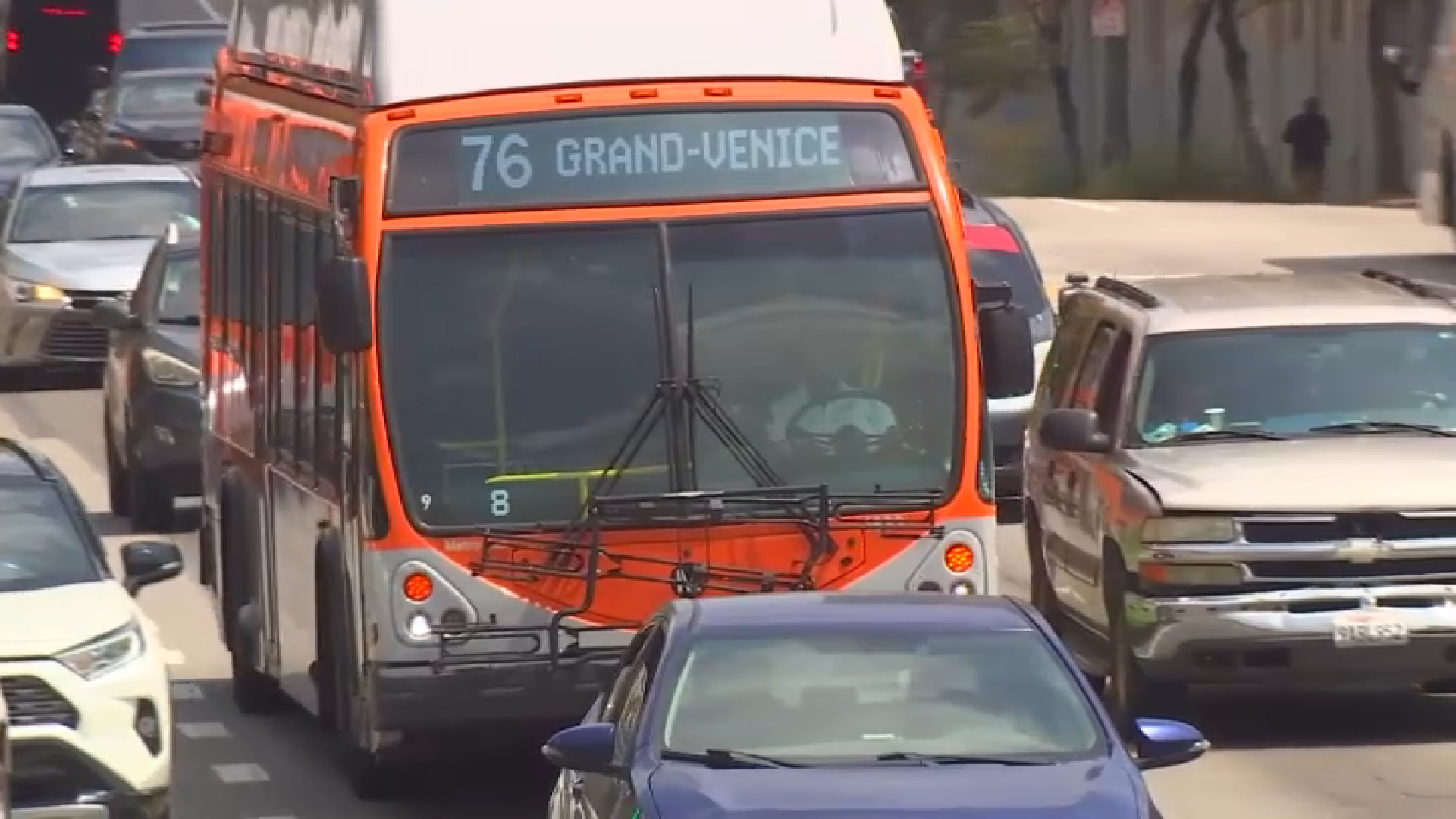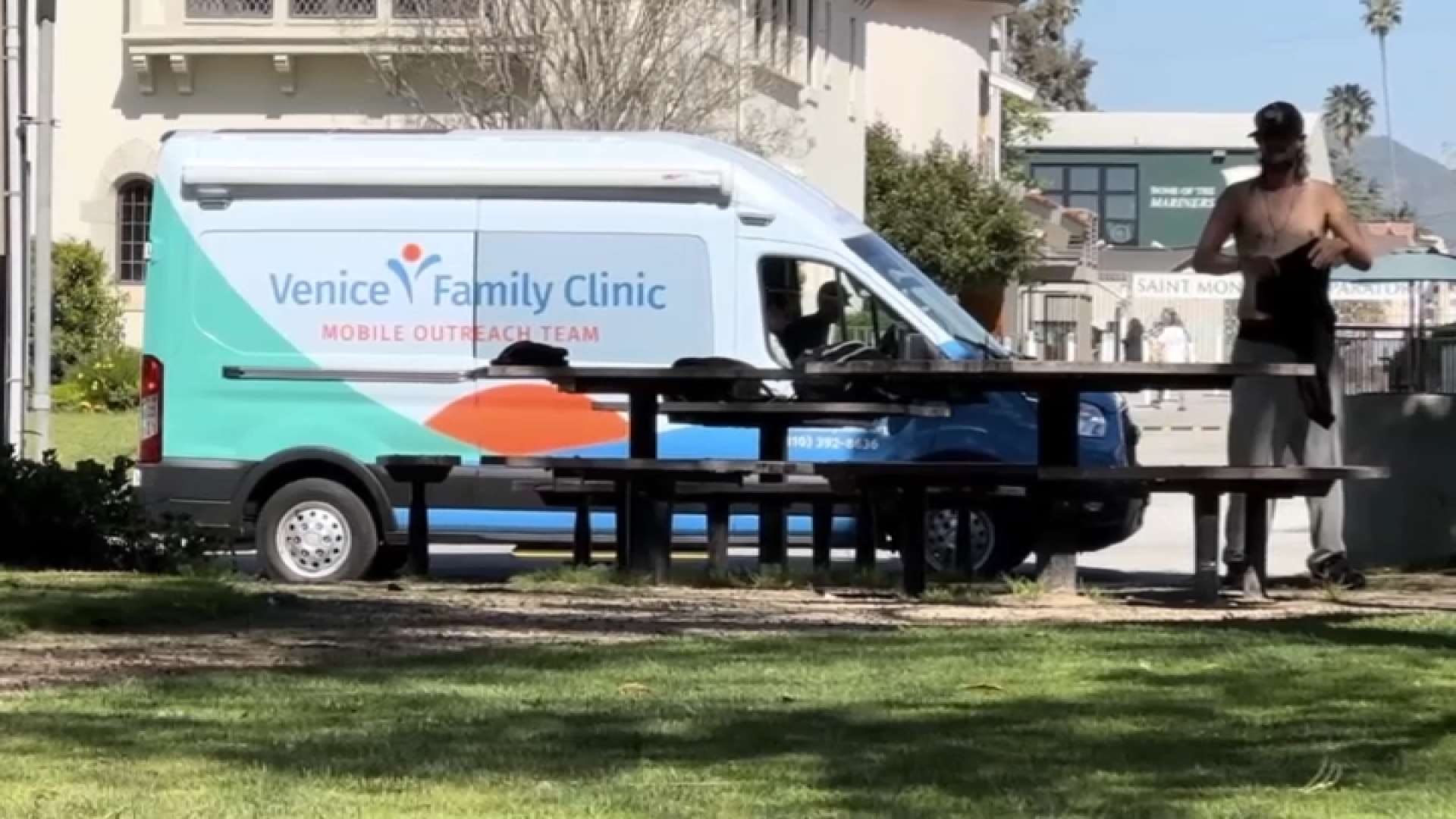U.S. Marines are receiving forensics training from the LA County Coroner for a job where the shift begins when life ends.
"You have to remember to separate yourself," Lance Cpl. David Tucker said as he prepares to retrieve the body of a man found hanging inside an El Monte, Calif., business.
Tucker is one of a group of U.S. Marines from Atlanta in Los Angeles to take part in the program that will prepare them for what they will undoubtedly see on the battlefield.
“The last thing as a grieving family member you want to think of is that they were left behind on the battlefield,” Tucker said. “That's where our unit comes in."
Two hundred Marines are part of the elite, volunteer Personnel Retrieval and Processing Company (PRP). It is their job to retrieve fallen Marines and in a most honorable and dignified way, make sure that Marine gets back home stateside.
"We're preparing them to deal with death mentally and physically," said program director Lt. Fred Corral with the LA Department of Coroner.
Corral – a retired First Sergeant – contacted the U.S. Department of Defense in 2006, offering to assist with training. By 2008, the program was well on its way.
Local
Get Los Angeles's latest local news on crime, entertainment, weather, schools, COVID, cost of living and more. Here's your go-to source for today's LA news.
Tucker has done the job before, but admits it never gets easy.
"It's very tough to see someone in your uniform that's fallen," he said.
The Marines have traded their boots for booties and assist the LA Coroner's Office with the processing of bodies as they come into the morgue. They take measurements, fingerprints, write reports, collect personal effects and help in autopsies. But this training ground is far from what they see on the battlefield.
"It's more horrific," said Master Sgt. Stanley Lewandowski, who has also done this job before.
One case in particular still gives him chills – the day he had to retrieve a close friend.
"It's hard," he said, holding back tears, "that's all I can say is it's hard."
At the end of the four-week program, the Marines have graduated. When they deploy in October, they will have connected their training at the LA County Coroner's Office to the caves of Afghanistan. It will be their mission to honor those who have ended theirs.
"In the Marine Corps you don't leave anyone behind," Corral said. "You bring them home."
The Marines say once they retrieve the bodies, their personal effects are cleaned up and kept with the bodies. U.S. flags are draped over the caskets and they are given what's called a "dignified transfer" – as the casket is loaded feet first onto an airplane, it will then come out head first on the Marine's home soil.
It may be the most honorable job in the military, each branch has its own PRP unit. The Marines say they do the job as homage to their comrades.
“This person put their life on the line for us," Tucker said, "and we thank them deeply."



